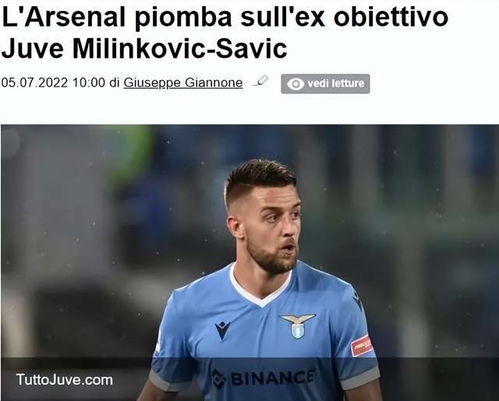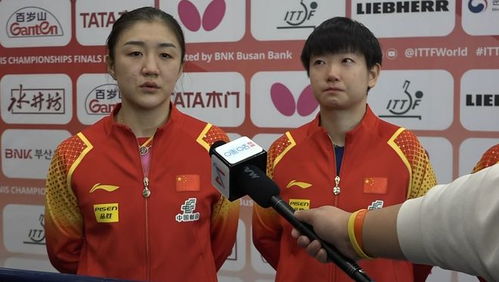The UEFA European Championship, commonly referred to by its abbreviated form "Euro," is one of the most prestigious football tournaments in the world. This biennial competition, organized by the Union of European Football Associations (UEFA), brings together the top national teams from Europe to compete for the coveted title. In this article, we will delve into the origins, significance, and evolution of the term "Euro" as it relates to this esteemed championship.
The acronym "Euro" is derived from the full name of the tournament, the UEFA European Championship. The term "Euro" itself is a colloquial shortening that has become widely accepted and used in both formal and informal contexts. It encapsulates the essence of the tournament's geographical focus, highlighting its European scope and the fierce competition among European nations.

The UEFA European Championship was first held in 1960, with the inaugural tournament taking place in France. Initially known as the European Nations' Cup, the competition was rebranded as the UEFA European Championship in 1968. The adoption of "Euro" as a shorthand for the tournament reflects the evolution of language and communication, where brevity and simplicity often prevail in popular discourse.
"Euro" has transcended its original designation as an acronym to become a symbol of European unity and competition. The tournament showcases the best of European football, with players from diverse backgrounds and cultures coming together to represent their countries. The term "Euro" is not just a reference to a sporting event; it is a cultural phenomenon that unites millions of fans across the continent.
The influence of "Euro" extends beyond the realm of football. It has become a brand that is recognized globally, contributing to the international prestige of European football. The tournament's success has also spurred economic growth, with cities and countries vying to host the event due to the significant tourism and media exposure it generates.
Over the years, the usage of "Euro" has evolved to include various derivatives and related terms. For instance, "Euro Cup" is sometimes used colloquially, although it is not the official name. Additionally, the term "Euro" is often associated with other European football competitions, such as the UEFA Champions League and the UEFA Europa League, further cementing its place in the lexicon of football enthusiasts.
Despite its widespread acceptance, the term "Euro" has not been immune to challenges and controversies. Some critics argue that the acronym oversimplifies the complexity and depth of the tournament, reducing it to a mere abbreviation. Others contend that the term could lead to confusion with other Europeanrelated terms, such as the Euro currency.
In conclusion, the acronym "Euro" is a powerful and evocative term that encapsulates the spirit of the UEFA European Championship. It represents not only a football tournament but also a celebration of European culture, unity, and competition. As the tournament continues to grow in popularity and prestige, the term "Euro" will undoubtedly remain a central part of its identity, symbolizing the passion and pride of European football.
This exploration of "Euro" as the acronym for the UEFA European Championship highlights the term's historical roots, cultural significance, and ongoing evolution. As we look forward to future editions of the tournament, the term "Euro" will continue to resonate with fans and players alike, embodying the enduring legacy of this remarkable competition.

在足球的世界里,球星们不仅是场上的英雄,也是公众人物,他们的行为举止...

直播吧9月12日讯拉齐奥主帅巴罗尼接受了媒体的采访,对球队新援、阿森...

直播吧9月20日讯本轮中超北京国安客场3-1战胜梅州客家。第88分钟...

都说穷则思变,早就烂到根上的中国男足在世预赛遭遇耻辱性连败之后,对人...

北京时间9月23号,陈梦解锁“校长”身份,孙颖莎王楚钦也有新身份,马...